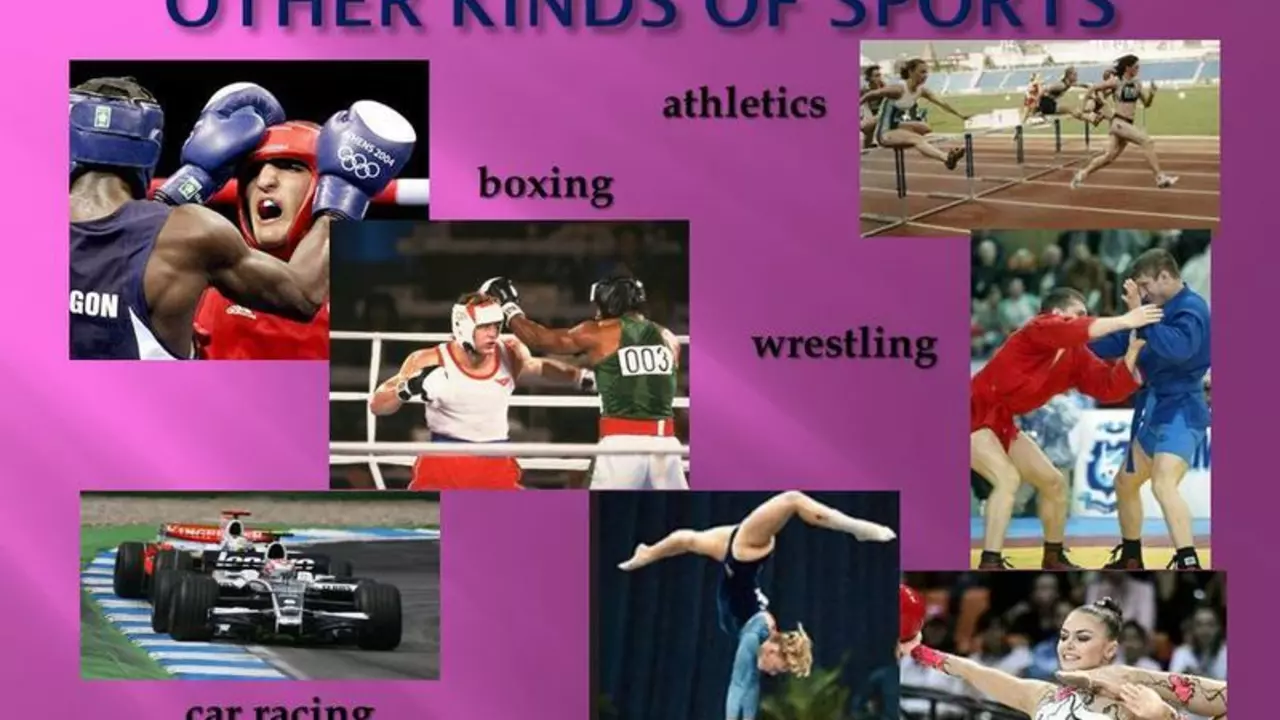Defining Sport
When talking about defining sport, the process of deciding what counts as a sport, its official rules, and its role in society. Also known as sport definition, it helps separate athletic pursuits from casual games or hobbyist activities. At its core, defining sport asks three questions: Does the activity involve physical exertion? Are there standardized rules that can be contested? Is there an organized community that tracks performance? Answering these questions shapes everything from funding bodies to broadcast deals.
Key concepts that shape the definition
The first building block is sport classification, the way we sort activities into categories like team, individual, combat, or extreme. Classification matters because it dictates which governing bodies get involved and which safety standards apply. Next comes sport governance, the network of federations, leagues, and committees that write the rulebook, enforce compliance, and manage rankings. For example, the NFL’s committee on player safety decides how tackling techniques evolve, while the college football playoff committee ranks teams based on strength of schedule and head‑to‑head results. A third pillar is sport culture, the shared values, traditions, and fan behaviors that give a sport its identity. Culture influences everything from jersey designs to the hype around a Super Bowl halftime show. Together, these entities create a web: defining sport encompasses sport classification, sport governance requires clear rules, and sport culture influences how those rules are accepted by fans.
Putting theory into practice, the posts below illustrate how the definition works in the real world. Articles about the NFL, the Kansas City Chiefs, and the college football playoff ranking system show how governing bodies translate abstract criteria into concrete seasons, contracts, and broadcast packages. Pieces on the 49ers’ injury challenges or the debate over the best player not in the Hall of Fame reveal how culture and classification affect public opinion and media coverage. Even seemingly unrelated stories—like a deep‑fake TikTok scandal or a maritime protest—touch on sport’s broader social footprint, reminding us that the line between sport and society is fluid. Below you’ll find a curated mix of analyses, rankings, and hot‑take pieces that together paint a full picture of what it means to define sport in today’s fast‑moving world.

How do you define a sport?
Defining a sport is not as straightforward as some might think. In my view, a sport involves physical exertion, skill, and often, competition between participants. It's not just about the physical aspect, though, it's also about the mental strategy that goes with it. Importantly, it needs to be recognized by some official organization or body, and it usually involves a set of rules that participants must follow. It's a broad definition, sure, but it encompasses the many diverse activities we classify as sports.
Read More